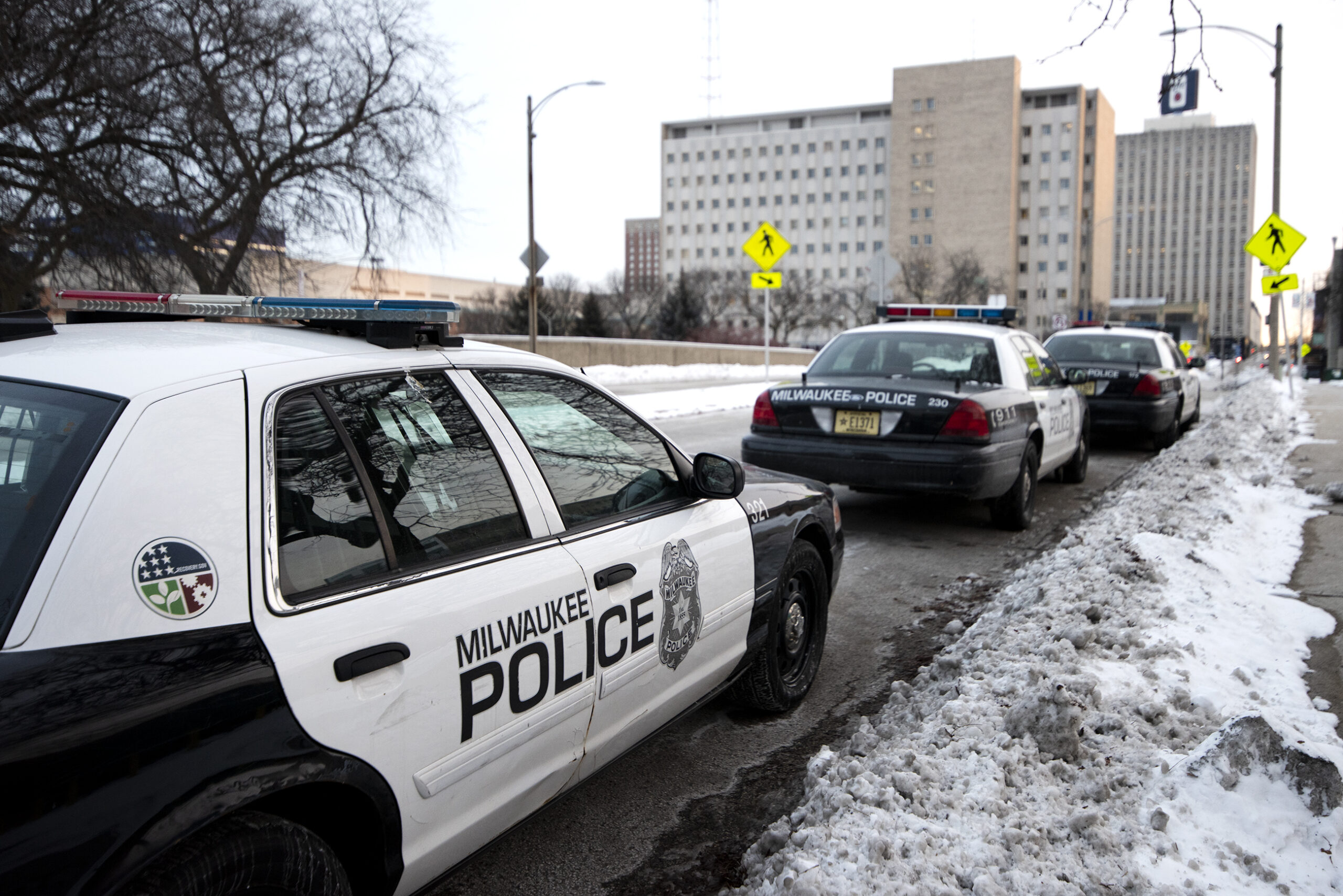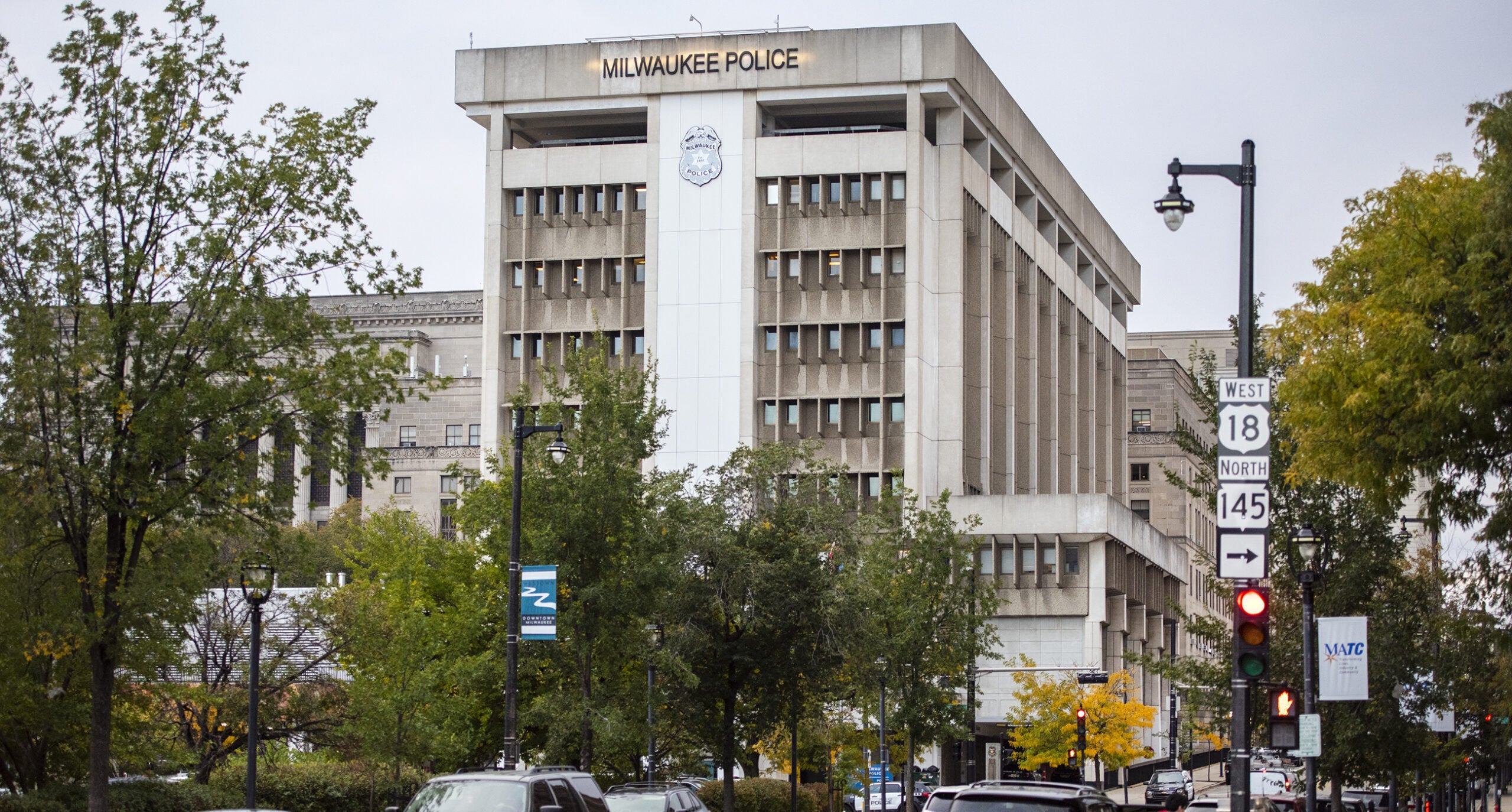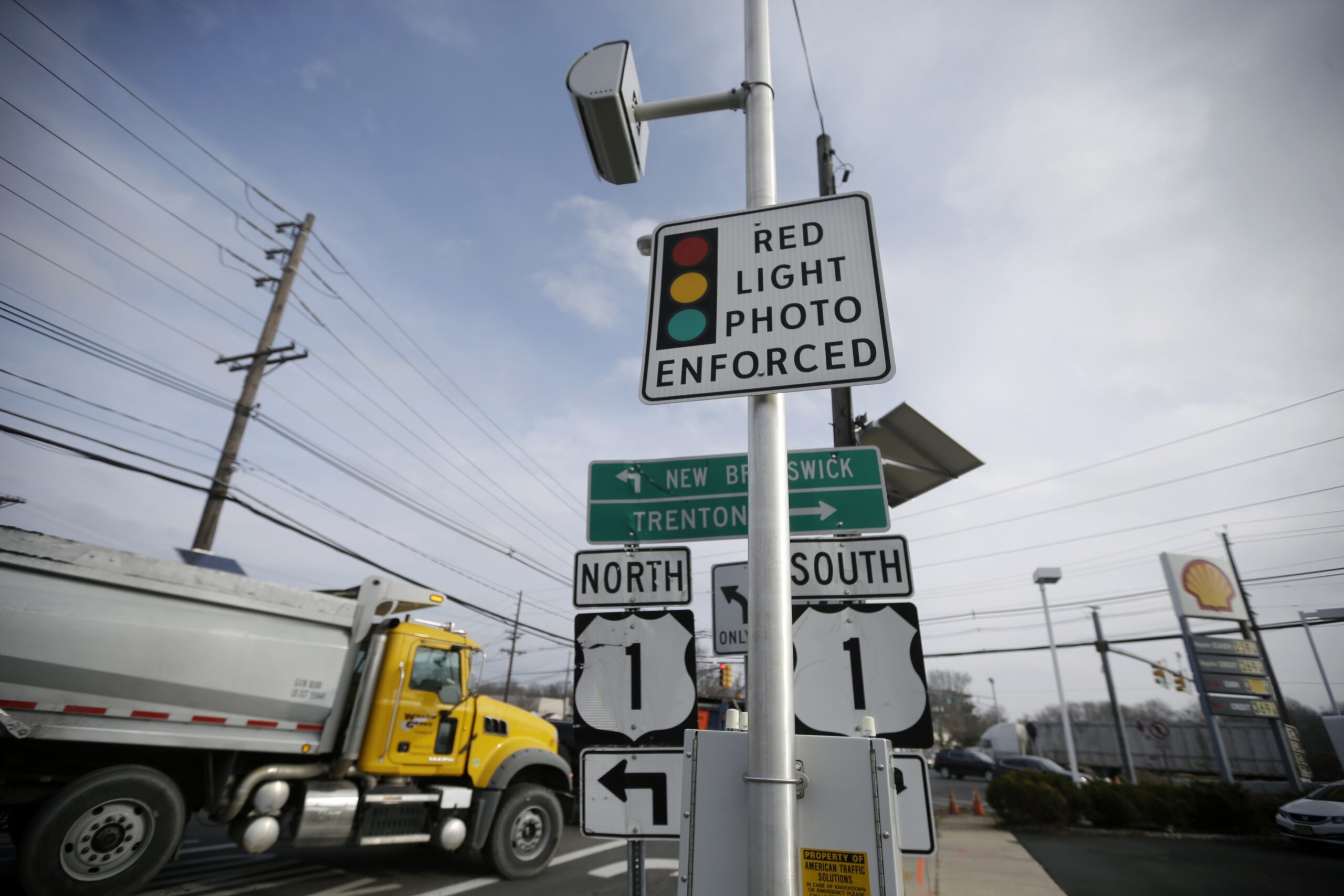A proposal included in a package of policing bills making their way through the state Legislature would expand what are known as COP houses to cities across Wisconsin. Community-oriented policing — or the idea of placing police officers in high crime neighborhoods — was first used in Racine nearly 30 years ago.
Officers do not live in the houses, but rather use them as a base of operations and a place for meetings with community members.
The bipartisan bill, introduced by state Sens. Lena Taylor, D-Milwaukee, and Van Wanggaard, R-Racine, would create a $600,000 grant program to fund the creation of COP house programs in cities with more than 60,000 residents.
News with a little more humanity
WPR’s “Wisconsin Today” newsletter keeps you connected to the state you love without feeling overwhelmed. No paywall. No agenda. No corporate filter.
The package of bills followed a list of 18 recommendations from a bipartisan police reform taskforce in April, which called for limiting the use of choke holds and creating new reporting requirements for use of force. The initiative started last summer, following George Floyd’s murder in Minneapolis and Jacob Blake being paralyzed in Kenosha — both at the hands of police.
The use of COP houses first appeared in Racine in 1993. Officers don’t live in the houses but rather use them as a base of operations and a place for meetings with community members.
During an appearance on WPR’s “The Morning Show,” Racine Police Department Sgt. Joseph Spaulding said it was a reaction to an increase in drug, gang and violent crimes.
Spaulding said embedding officers in homes located in communities experiencing high rates of crime has worked.
“We’re seeing a dramatic decrease in crime and especially violent crime,” said Spaulding. “And we’re seeing an increase in the police department working with the community and the neighbors and building trust in one another.”
Spaulding said probation and parole officers with the Wisconsin Department of Justice have also been stationed at COP houses.
“You know, they like to get involved in some of the activities that we do in our COP houses and in our neighborhoods, like meeting with the kids, having cookouts, helping teach the kids how to ride bicycles and bicycle safety and things like that,” said Spaulding.
The bill passed the state Senate unanimously on Tuesday. Lobbying groups including the State Bar of Wisconsin, City of Milwaukee, Americans for Prosperity, Milwaukee Police Association and Wisconsin Professional Police Association registered in favor of the bill. The American Civil Liberties Union of Wisconsin was the sole group to come out against the bill.
“The communities that are currently targeted by police do not need more of their physical presence in their communities,” said the group. “This money could be better spent by investing in strategies that get at the root causes of low-level crimes.”
Wisconsin Public Radio, © Copyright 2025, Board of Regents of the University of Wisconsin System and Wisconsin Educational Communications Board.







